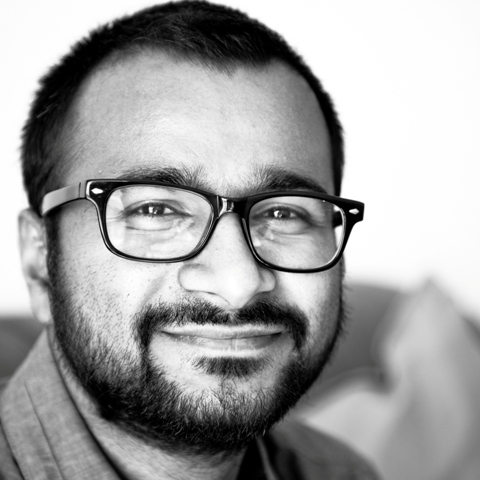The UN’s industrial development organisation (UNIDO) defines corporate social responsibility (CSR) as a way of integrating social and environmental concerns in business strategies while satisfying, at the same time, economic interests.
The concept of “triple bottom line” coined by John Elkington in 1994 merges in a single idea the intrinsic need for businesses of creating Profit with the interests of People and those of the Planet. While a focus on Profit and People would result in an equitable strategy, and the simple intersection among Profit and Planet would make the organisation viable, it is only by satisfying such triple intersection that a business can actually be defined sustainable.
From occasional philanthropy to daily business
Beyond theory, the understanding of this concept has been developed in different contexts and strongly varies with organisations’ size and maturity, resulting in diverse CSR implementation modalities. Philanthropy has historically dominated CSR activities. While holding the potential to achieve impressive impact on both the social and the environmental perspectives, donations by definition can play only a marginal role in companies’ strategy.
Multinational corporations such as ABB and Nestlé have nowadays well established CSR programs — constituted by a diverse mix of activities to support causes such as education, environmental protection, poverty relief and community welfare — usually keeping a limited interference with the core business value.
Even though not affecting the core of the business, several elements of corporate organisation’s management have started to include social and environmental aspects. Such initiatives range from ethical business practices (e.g. fair wages and minority balance), business and corporate policies (environmental protection and sustainability), partnerships (support to local communities and fair trade) and socially responsible investments.
Marketing, human resources and innovative thinking: What else?
The benefits behind integrating a sustainable thinking in organisation managements touch upon several aspects — with marketing being usually listed among the first ones. In addition to the clear advantage of shaping an attractive company image to customers eyes, statistics have shown how new generations are increasingly looking for meaningfulness on their working place, making the company’s values a determining factor also at the human resource level to attract talented and motivated employees.
The two P’s – People and Planet – far from being constraints for business models can become a powerful resource that can be synergetic to Profit – with innovation playing a protagonist role in this transition.
According the guidelines on CSR for small and medium enterprises (SMEs) issued in 2014 by the European Commission, “ […] innovative power is becoming one of the strongest deciding factors in the commercial success or failure of a business. Traditionally, innovations are discussed in the form of new products, services or processes. The concept of business model innovation explores a new area – the core of how a business creates, delivers, and captures value […] ”.
The same document bring as example the novel “pay-as-you-go” business model that enables low income customer accessing solar energy assets – thus clean energy generation.
CSR up to the core of business models
In its most recent and innovative shape, firms’ social responsibility is not anymore a stand-alone program or a set of individual actions, but rather becomes of primary importance in the definition of the start-ups core strategy.
For example, LEDsafari, a young start-up based out of Lausanne, brings training on solar technology to students in remote areas with no access to electricity. Through it’s socially focused business model and the fundamental support of Swiss Re foundation and SDC Switzerland, the Swiss company was able to reach 2000 students in two years. Strong of this experience, LEDsafari is now working on providing a digital learning platform to youth to become solar entrepreneurs themselves.
The increasing awareness of the limits of natural resources along with globalisation and technological changes are the trends that are transforming modern society, calling for rethinking of corporates values and priorities, which start-ups can grasp in the most effective manner.
The traditional question: “How can a business be profitable while respectful social issues and environmental protection?” becomes then: “How can businesses innovate and adapt to better support a global and distributed sustainable growth?”
A version of this column first appeared in the April 2019 edition of our print magazine. To grab a copy, click here.
 The author Govinda Upadhyay is on the Forbes 30under30 list for his work in energy access domain. He has done 3 years research in sustainable city planning in EPF Lausanne Switzerland, a Masters in sustainable technology from Netherlands (TU/e) and Sweden (KTH). He did his Masters in physics and BE in electronics and electrical from BITS Pilani.
The author Govinda Upadhyay is on the Forbes 30under30 list for his work in energy access domain. He has done 3 years research in sustainable city planning in EPF Lausanne Switzerland, a Masters in sustainable technology from Netherlands (TU/e) and Sweden (KTH). He did his Masters in physics and BE in electronics and electrical from BITS Pilani.
Views of the author are personal and do not necessarily represent the website’s views.
Thank you for reading the column. In addition, your thoughts and inputs will genuinely make a difference to us. Please drop a line and help us do better.
Regards,
The CSR Journal Team

